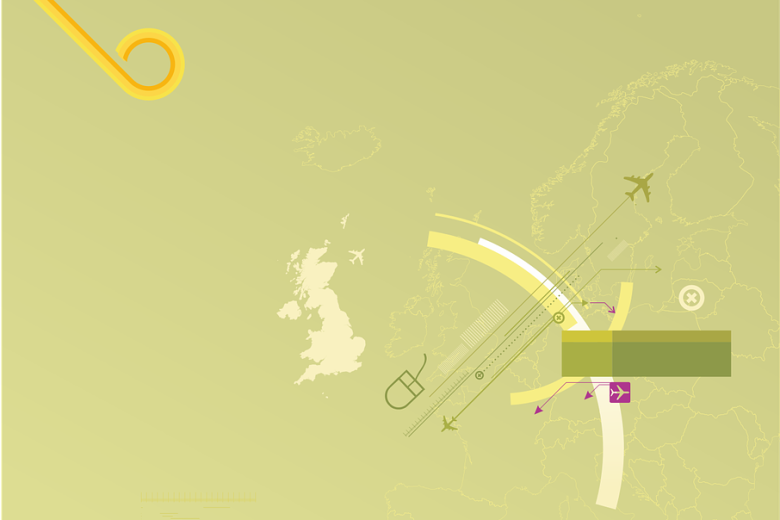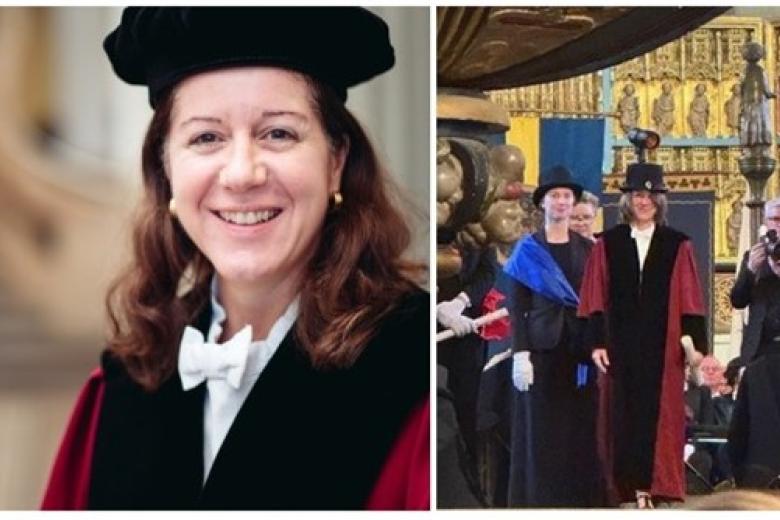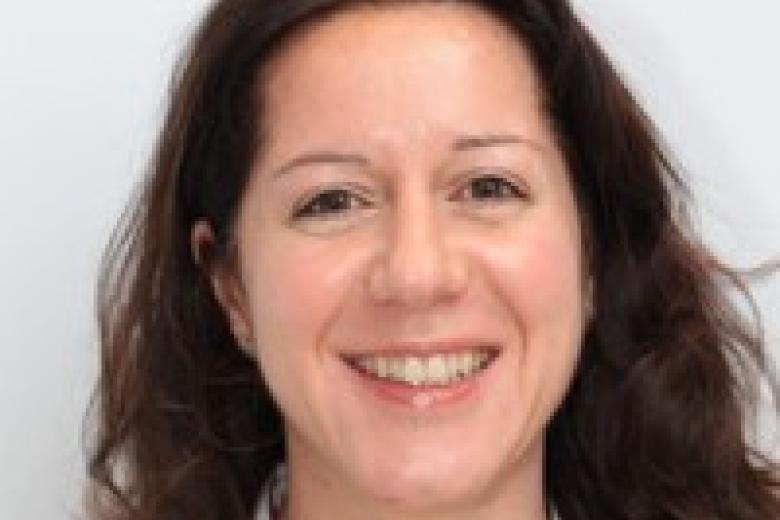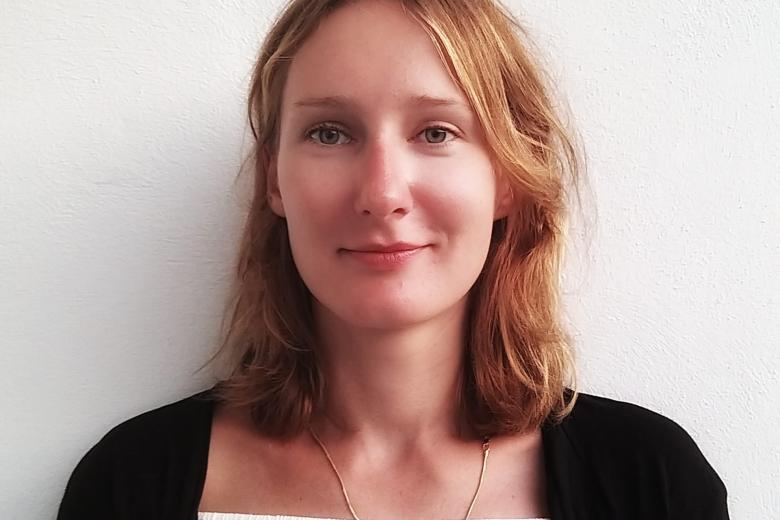Maastricht European Private Law Institute
The Maastricht European Private Law Institute (M-EPLI) conducts fundamental research in the field of European private law, covering not only the law of contract, property and tort, but also European procedural law, European legal theory and European legal history. Special focus is on exploring the consequences of Europeanisation and globalisation in the field of private law.
M-EPLI’s research takes place in the following streams:
1. Values
2. Institutions
3. Markets
Research
M-EPLI conducts fundamental research in the field of European private law and related areas. Our belief is that in an age of Europeanisation and globalisation law should be studied as an international phenomenon. M-EPLI crosses borders between both national jurisdictions and the classical areas of law. A post-national legal science cannot take the distinction between public and private law as a starting point, but has to question the relevance of this distinction. Where useful, it also involves other disciplines (such as political science, economics and psychology).
M-EPLI’s research covers both the ‘integration’ and ‘interaction’ poles of the Faculty’s research programme. M-EPLI has three research lines 1. Convergence and divergence of private law, 2. Transnational legal method and 3.Changing conceptions of private law.
Visit M-EPLI's research
Meet our M-EPLI coordinators, Marta and Caroline










